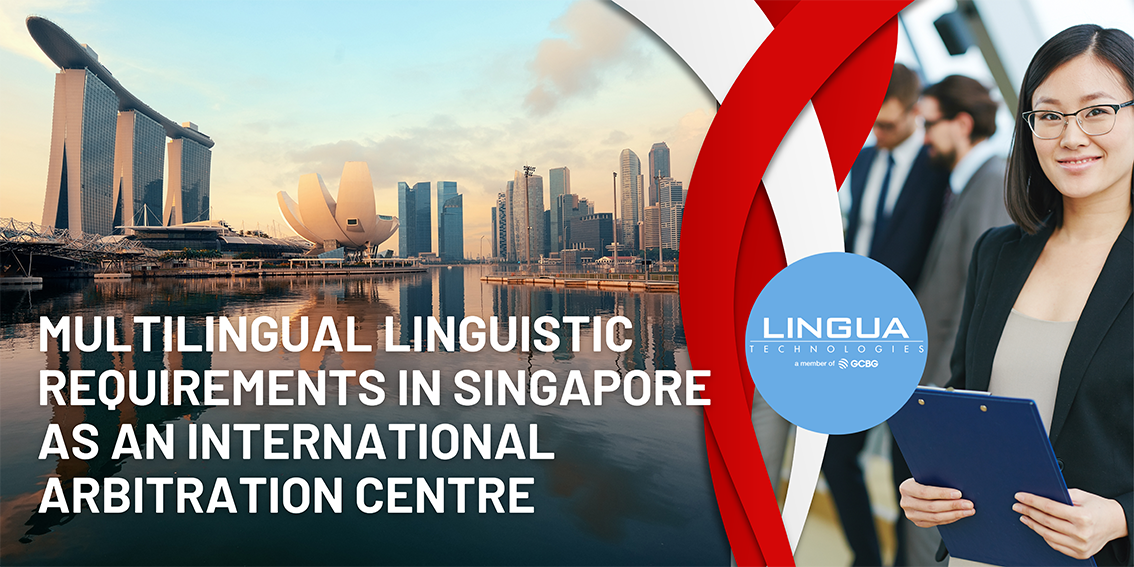As an international arbitration centre, Singapore's legal industry places a strong emphasis on multilingual translation to cater to the diverse needs of parties involved in international disputes. Given the global nature of arbitration cases, where parties and their legal representatives may come from different countries and speak different languages, effective multilingual translation services are essential to ensure clear and accurate communication throughout the proceedings.
Here are some key aspects related to linguistic requirements in the legal industry in Singapore:
Official Languages
Singapore has four official languages: English, Mandarin Chinese, Malay, and Tamil. English is the primary language used in legal proceedings and is commonly used for documentation, contracts, and arbitration agreements. However, parties have the right to present evidence and communicate in any of the official languages. Therefore, there is a need for competent translation services to facilitate communication in various languages.
Multilingual Legal Professionals
Singapore's legal industry comprises a diverse pool of legal professionals who are fluent in different languages. Law firms often employ lawyers and legal staff who are proficient in languages such as Mandarin Chinese, Malay, and other languages commonly spoken in the region. This linguistic diversity enables effective communication and representation for clients from different linguistic backgrounds.
Certified Translators and Interpreters
To ensure accurate translation and interpretation in legal proceedings, Singapore recognizes the importance of qualified professionals. Certified translators and interpreters with expertise in legal terminology and practices play a crucial role in facilitating communication during hearings, depositions, and the preparation of legal documents.
Translation of Legal Documents
In international arbitration cases, a wide range of legal documents, including contracts, pleadings, evidence, and expert reports, may need to be translated into different languages. Accuracy and precision are vital to ensure the intended meaning is preserved across languages. Professional translation services are employed to handle such document translation, adhering to legal standards and maintaining confidentiality.
Interpretation Services
During arbitration hearings, where participants may not share a common language, interpretation services are crucial for effective communication. Certified interpreters are engaged to provide simultaneous or consecutive interpretation, allowing parties, witnesses, and legal professionals to understand and respond to the proceedings in their preferred language.
Technology in Translation
The legal industry in Singapore embraces technology-driven solutions to enhance multilingual translation. Computer-assisted translation (CAT) tools, translation memory (TM) and machine translation (MT) systems are utilized to streamline translation processes, improve efficiency, and ensure consistency in legal terminology. However, human expertise and review remain essential to ensure accuracy and context-specific understanding.
In conclusion, the legal industry in Singapore, as an international arbitration centre, places significant importance on multilingual translation services. The linguistic requirements include the availability of legal professionals proficient in different languages, the engagement of certified translators and interpreters, accurate translation of legal documents, and the use of technology-driven translation tools. These efforts aim to facilitate effective communication and ensure the integrity of international arbitration proceedings conducted in Singapore.

